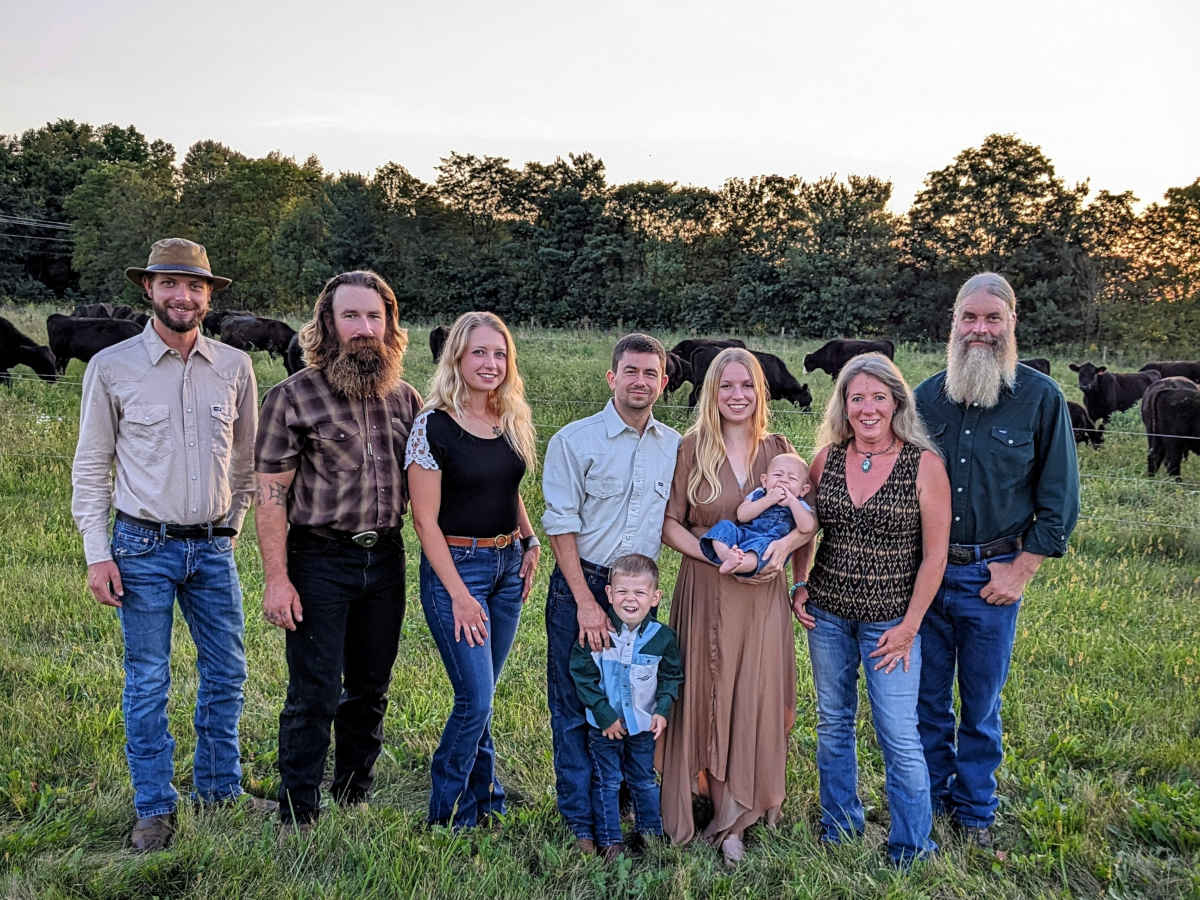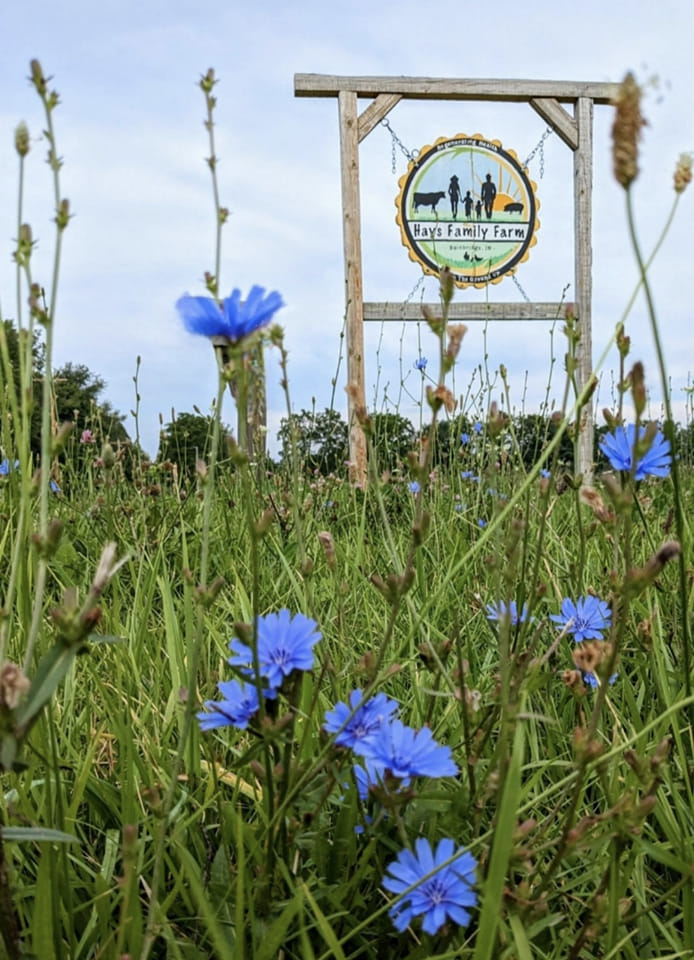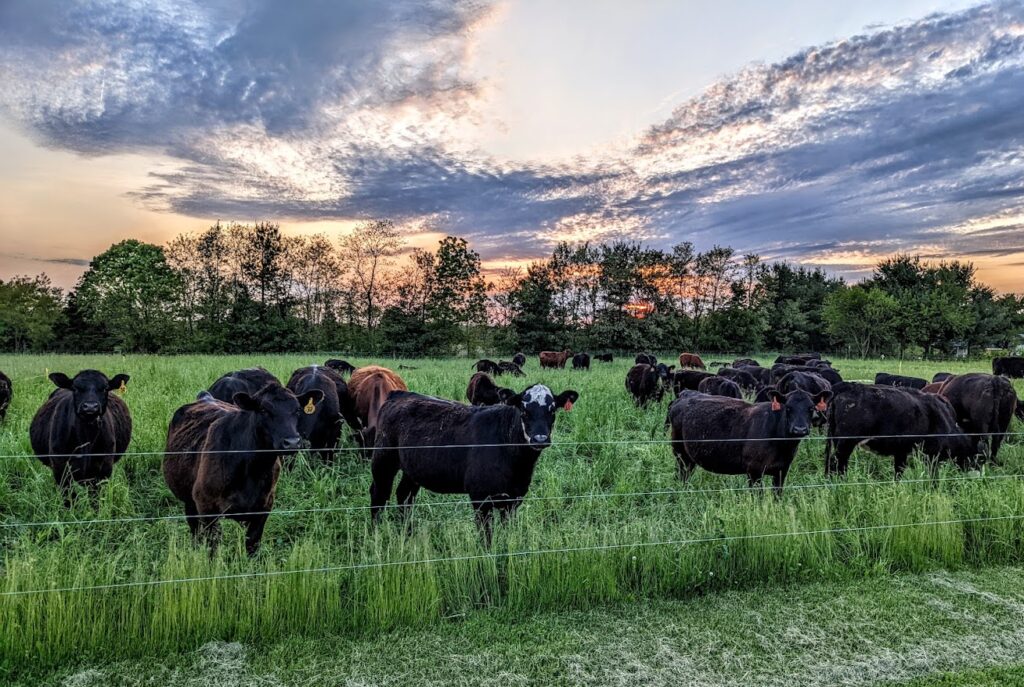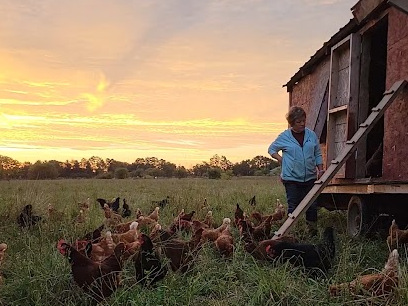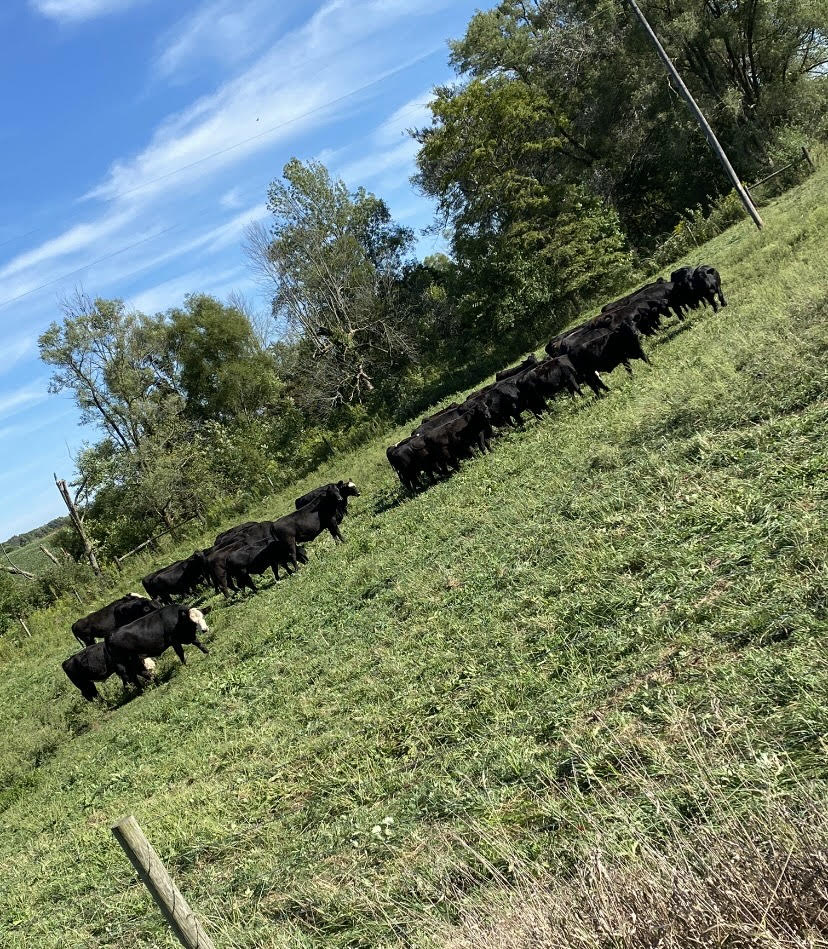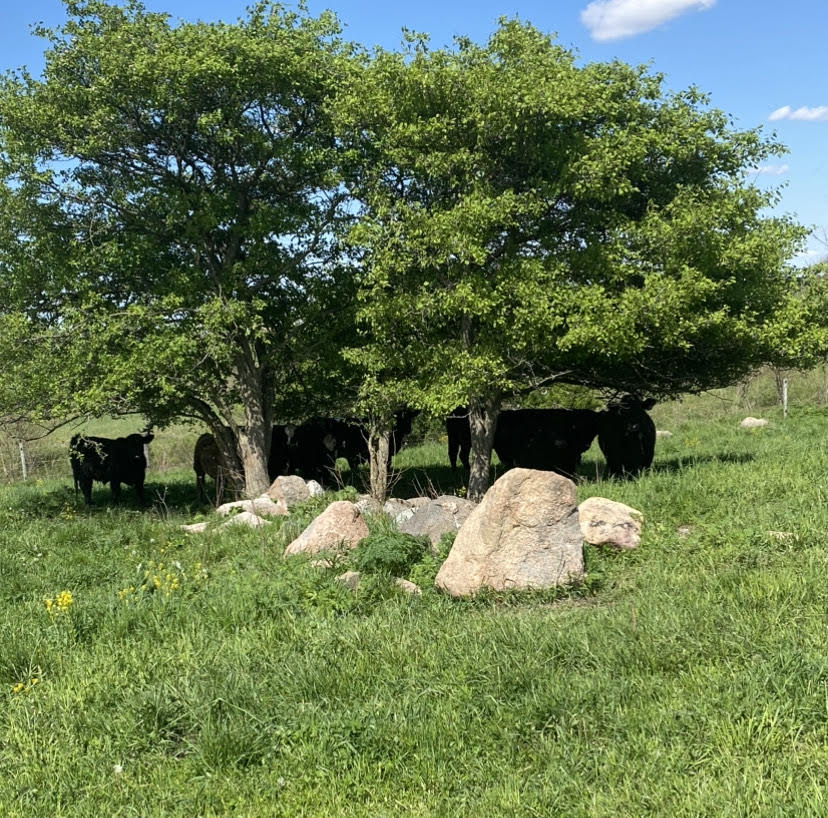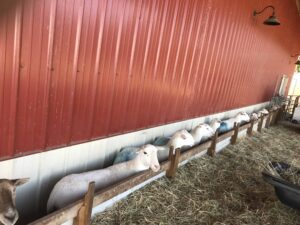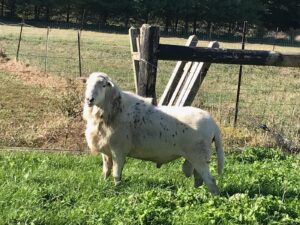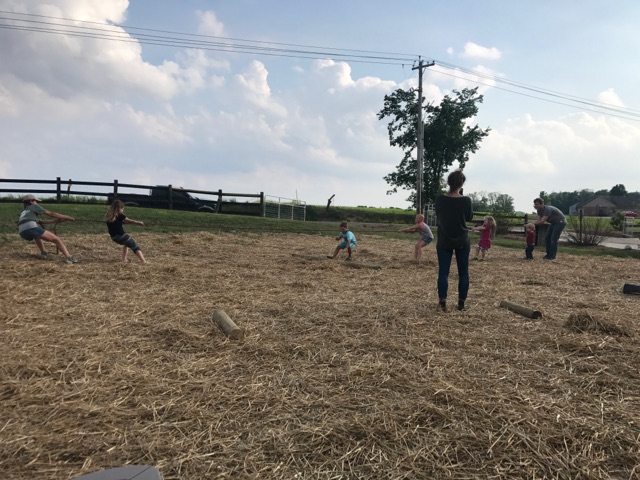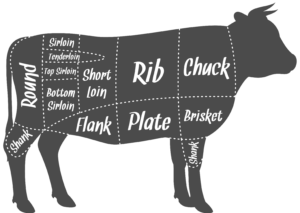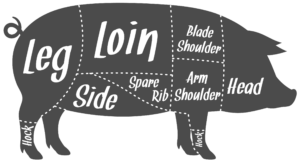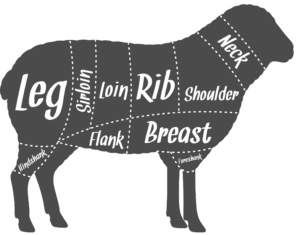Farming has long been a time-honored tradition in America. It is one of the major staples in this country’s history. At one time, everyone wanted to have a piece of land in order to grow the food, to raise a family, and to sell excess food and make a profit on particularly fruitful years. As the country grew, more people left their farms and started to live in the cities. Even with this change in the population density in certain areas, there was still a large need for food, and the farmers who were left had to fill that need.
Fewer Farmers Growing for an Expanding Population
The importance of each farmer has grown over the years. They provide the food that others need, keep up many of the traditions that this country holds dear, and they work harder than most people you will meet. Farming can be and is a very profitable business for those who have a lot of land and who know how to keep up with all of the work. Government subsidies even help with the purchase of land and equipment, as well as tiding farmers through bad years and ruined crops. Farming has become a big industry, and the farmers of this country have been able to meet growing food demands for not only our population of 300 million, but also the animals we raise and parts of the international community with which we trade.
Who Will Farm for the Next Generations?
Unfortunately, it seems like the time of the farmer might be coming to an end. Those who are in the farming industry have been there for a long time, many years, and have even taken over the farm lands from their fathers and grandfathers and even further back. They grew up working the land and know exactly the right time to start planting the crop, where to plant it, when to rotate crops, when to switch out equipment, and basically how to make the farm run as smoothly as possible. But soon, this generation is going to age and want to take a break. They will want to reap the benefits of all of their hard work and enjoy retirement, or they will become too old and will not be able to take on the responsibilities any longer. Who is going to take their place when this happens?
The younger generation is increasingly urbanized, and they are not used to the kind of work required to run a farm. Many of them have not grown up on farms and wouldn’t know how to handle all of the things that come with the day-to-day operations. Some of them might imagine they can make it big working on a farm, or else they’d at least dream that farm work would be enjoyable, but fantasies about farms are nothing like reality, and these people often fail quickly when they start their work. Even with the right experience that comes from growing up and living on a farm, it is difficult work.
Keeping the Farm in the Family
The best people to take over the family farms are those who grew up on them. These people will be hard working and dedicated, and they can keep the farms producing food to meet growing demand. But not everyone who grew up on a farm will take over, and instead they are often deciding to pursue other careers. If too many of them leave, these family farms will have no one to take care of them, and they will become barren. This will be the fall of the family farm, and in the future we may see farming operations increasingly run by factory farms and manufacturers. We may still get the food from America’s plentiful farmlands, but we will have lost a longstanding tradition.
Laura Holt, for Agrilicious!
